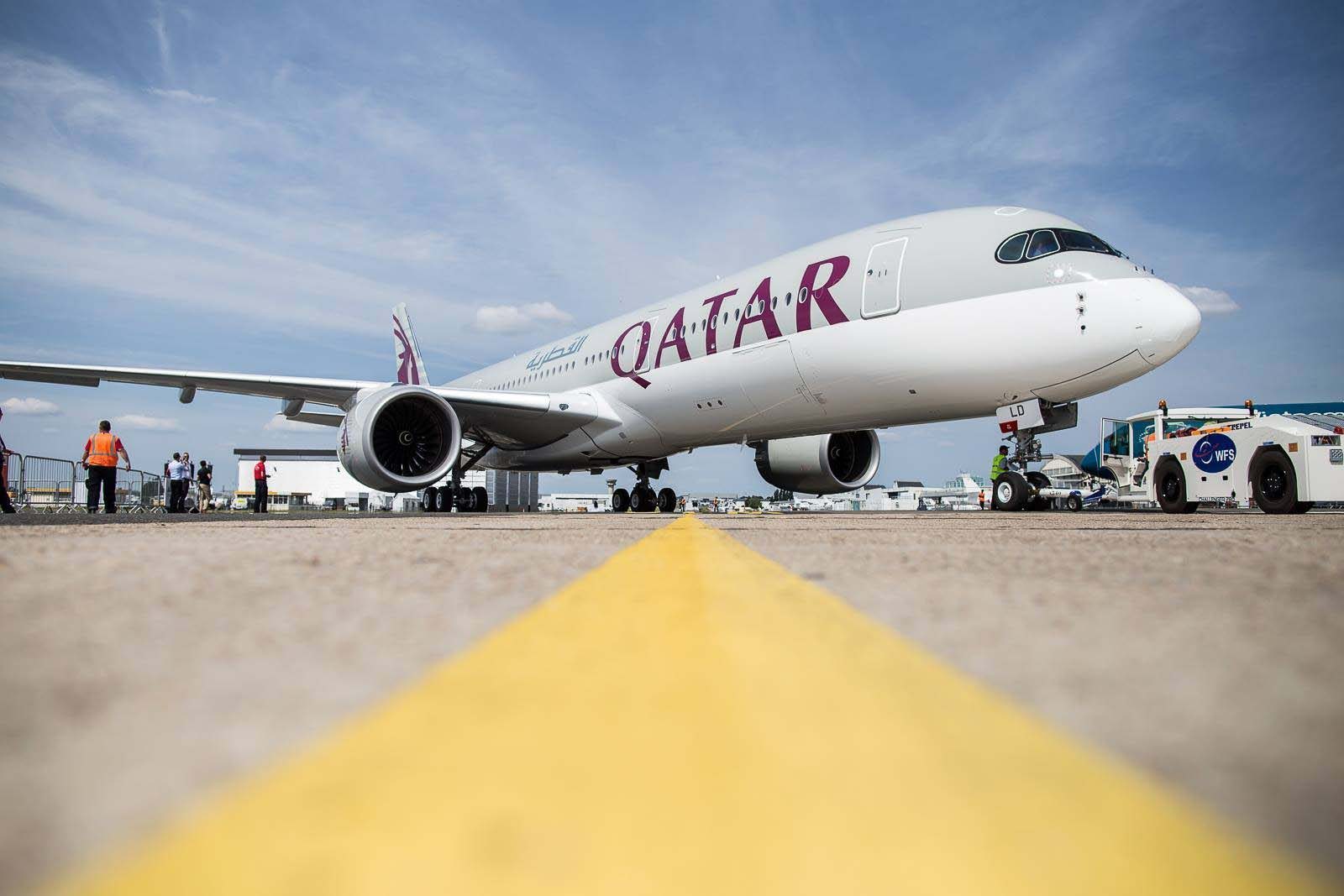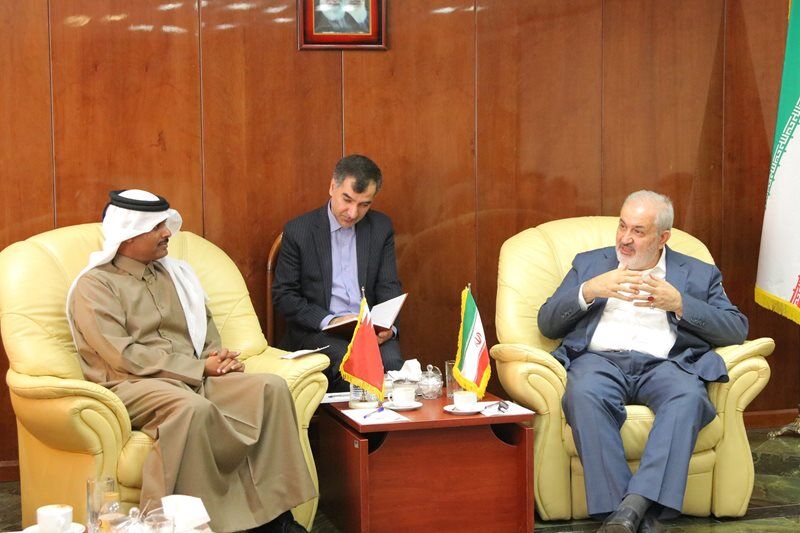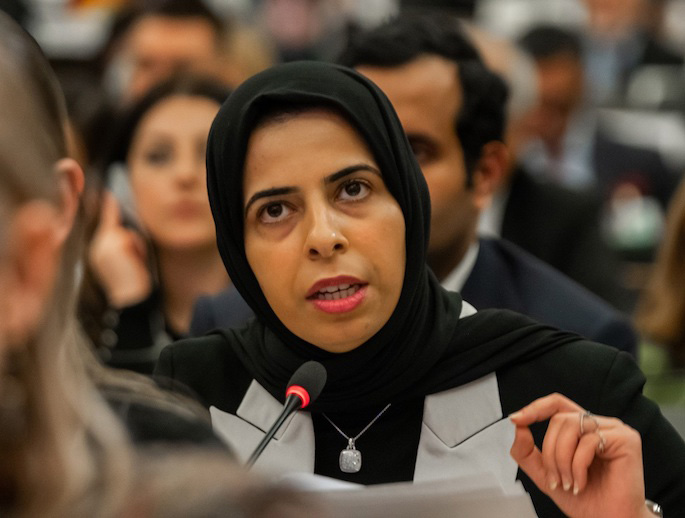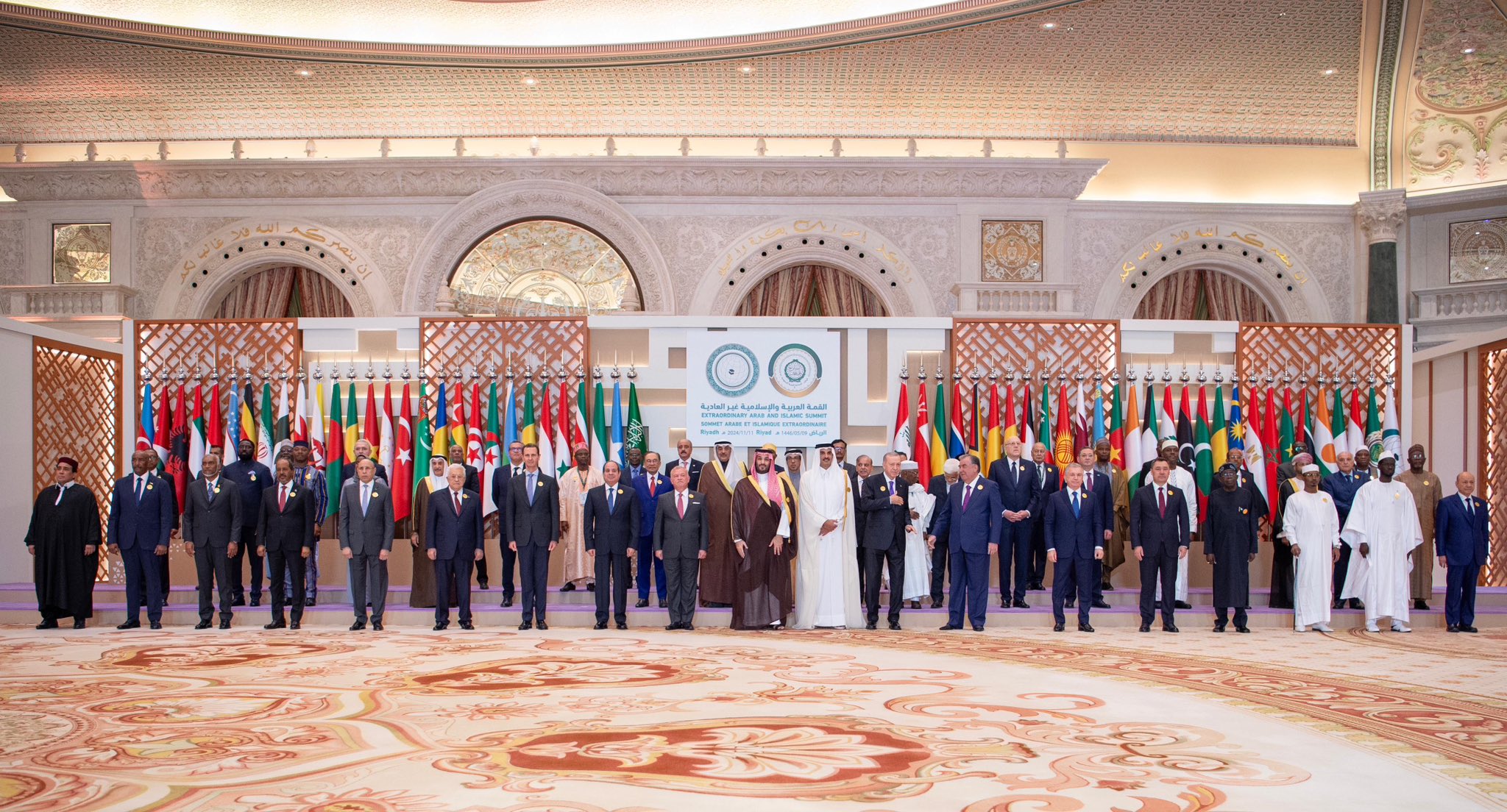
More than 30 US airports have added their voices to a campaign calling for the American government to check the expansion of major Gulf airlines, claiming there will be “devastating consequences” otherwise.
In letters to US Secretaries of Transportation, Commerce and State, as well as members of Congress, bosses of 32 local and regional airports have asked their government to open talks with Qatar and the UAE, to end what they say are unfair subsidies that harm American business interests.
The airports have joined a coalition that has been led by three US airlines – American, Delta and United – which demands the US government renegotiate its Open Skies agreement with Qatar and the Emirates.

The agreement currently allows airlines, rather than government regulators, to determine the frequency and capacity of flights.
The group, called Partnership for Open & Fair Skies, claims that Gulf carriers – particularly Qatar Airways, Emirates and Etihad Airways – have benefited from $42 billion in subsidies from their respective governments.
The coalition said this is a violation of the Open Skies agreement that has resulted in “threatening hundreds of thousands of American jobs.”
The three GCC airlines have all denied accusations of unfair competition.
Qatar Airways, however, has not yet provided a detailed response to the specific claims that it has received US$16.5 billion worth of forgiven loans, free land, grants and other forms of support from the Qatar government over the past 11 years.
Intervention appeal
In a joint statement, which includes excerpts of their letters, the US airports’ bosses acknowledge that the introduction of the Gulf carriers to their market has helped bring down prices and open new routes for some Americans.
However, they argue that US airlines’ inability to compete also damages many American travel-related business such as car rental firms, travel agents and taxi drivers.
The joint statement includes part of a letter written by Dan Mann, executive director of Columbia Metropolitan Airport in Columbia, South Carolina, who said:
“If allowed to continue, this will lead to service cuts to both regional and international airports, as many domestic routes serve as feeders for larger, more profitable flights to international destinations, ultimately resulting in substantial job losses throughout the country in a variety of different sectors.”

Meanwhile, Robert Selig, president and CEO of the Capital Region Airport Authority in Lansing, Michigan, said in his letter:
“I can see first-hand the effects that an unfair playing field has on the US carriers. The employees that depend on a healthy airline industry are not limited to airline workers; rental car employees, hotel, taxi and restaurant employees also depend on the influx of passengers through our region.”
Over the past several months, the fair skies coalition has grown to include 262 members of the US House of Representatives; 21 US senators; the US Conference of Mayors, which represents 1,400 mayors across the country; and several local business, trade and economic groups.
Disagreement
However, not everyone in the US travel industry agrees with the allegations.
Last month, the US Travel Association, which represents some of the largest hotel chains and conference organizers in the US, expressed public support for the Gulf carriers.
In a letter sent to several top US officials, including the Secretary of Transportation and Secretary of Commerce, the group said it supported the current Open Skies agreement, arguing that the growth of the GCC carriers in the US had in fact created a significant expansion of tourism-related business in the country.
The letter was signed by the heads of Hawaiian Airlines, Alaska Airlines and JetBlue Airways, as well as several major hotel chains including Hilton, Intercontinental and Marriott.
And aircraft manufacturer Boeing, which has supplied Qatar Airways with at least 67 planes to date and received orders for nearly 150 more, also supports maintaining the existing agreement.
Thoughts?







